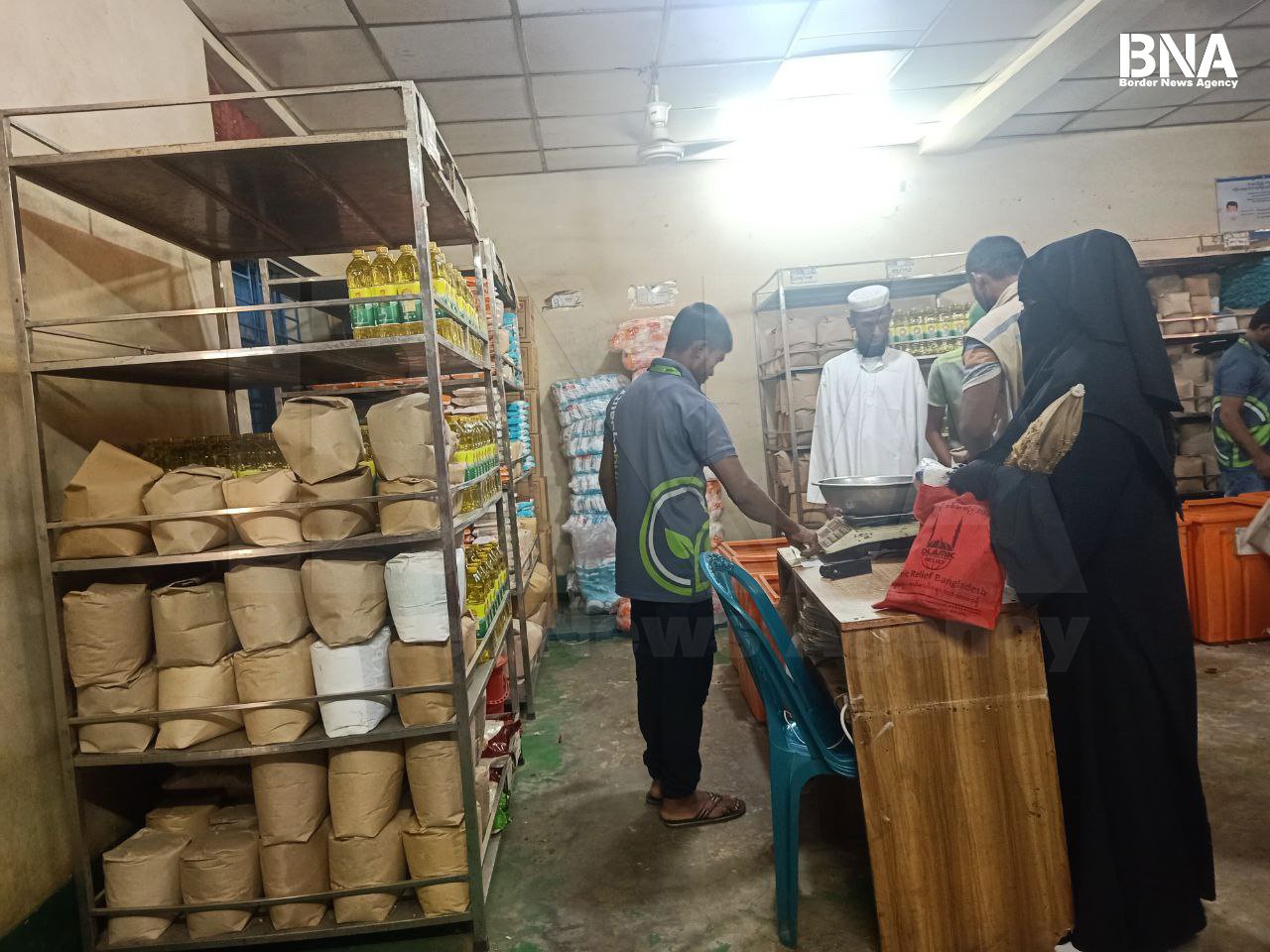The United States has announced a new humanitarian aid package of $73 million to support Rohingya refugees in Bangladesh, providing much-needed food and nutrition assistance for over one million people. This funding will be channeled through the World Food Programme (WFP) to ensure that displaced Rohingya families continue receiving essential food supplies amid growing funding shortages.
The new aid package comes at a critical time when humanitarian assistance for the Rohingya refugee community has been facing significant challenges due to global funding shortfalls. With over 1 million Rohingya refugees residing in Cox’s Bazar and on Bhasan Char Island, food security has become an increasing concern, particularly after recent ration cuts due to funding gaps from the international community.
Since their forced displacement from Myanmar’s Rakhine State in 2017, Rohingya refugees have been heavily reliant on humanitarian aid, especially for food and nutrition. Over the past year, food rations distributed by the WFP have been reduced multiple times due to a lack of funding, pushing many refugees into severe food insecurity. Malnutrition rates, particularly among children and pregnant women, remain alarmingly high, making continued support vital for their survival.
The U.S. government has been one of the largest contributors to the Rohingya humanitarian response, providing over $2.4 billion in total assistance since the crisis began. The latest funding will help bridge gaps in food supply, ensuring that refugees have access to essential nutrition to prevent further deterioration of their health and well-being.
While the U.S. has stepped forward with this significant financial commitment, humanitarian agencies and Bangladesh’s government continue to urge other international donors to increase their support. The burden of sustaining the world’s largest refugee settlement cannot fall on a few nations alone. Calls for burden-sharing have intensified, with UN agencies stressing the need for sustained financial contributions to prevent further cuts in essential services.
In addition to food aid, the Rohingya community continues to face challenges related to healthcare, education, and livelihood opportunities, with no immediate prospects for voluntary and dignified repatriation to Myanmar. The ongoing conflict in Myanmar’s Rakhine State further complicates their situation, leaving many Rohingya with limited options.
The latest U.S. assistance highlights Washington’s continued commitment to addressing the plight of Rohingya refugees. However, aid organizations warn that without long-term and predictable funding, millions of refugees will continue to suffer, with dire consequences for their overall well-being.
As global attention shifts toward other crises, it remains crucial that the international community does not overlook the Rohingya humanitarian situation, which has now entered its seventh year with no resolution in sight. The new $73 million aid package serves as a lifeline for the refugees, but without broader international engagement, the future of over one million Rohingya remains uncertain.






